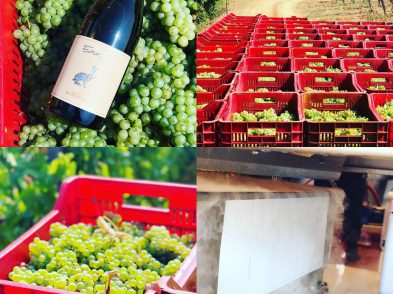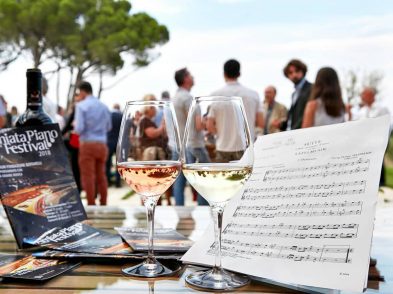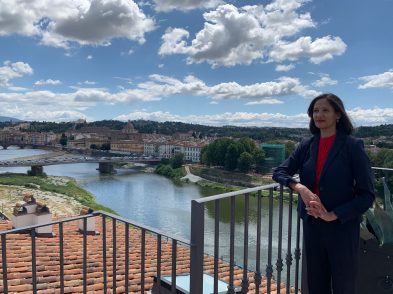Pitigliano’s last Jewish nonna is a survivor, an advocate, a local celebrity and pretty much exactly what you’d imagine an Italian grandmother to be like.
It’s wet and windy Thursday morning when I finally manage to get a hold of Elena Servi. She is endearingly sweet as I apologize for my less than perfect Italian. “If only I spoke English as well,” she says, and I immediately wish she were my grandmother, even though I have a perfectly nice Italian grandmother of my own back home.
Elena is sometimes called Pitigliano’s last Jewish nonna or bubbe, and she’s a celebrity. Her latest televised appearance was alongside Jamie Oliver in Jamie Cooks Italy. In the episode, she is full of compliments as Jamie serves up his interpretation of her artichokes in tomato sauce. Her tiny frame is wrapped up in a thick wool coat, but her short grey hair is perfectly coiffed and her face is filled with warmth. She tells Jamie he’s a very good cook and he gushes. Elena just has that effect on people. But when I ask her about the British chef, she’s far from starstruck. I have a sneaking suspicion she doesn’t really remember him and, besides, she’s much more interested in telling me about all the locals who share my husband’s surname.
“I know a Detti called Fabio. I remember his father when he was little, and then there was Antonella, she married into the Detti. Do you know them?” I tell her I do, since it’s important to know people in common in small town Tuscany, but I’m pretty sure my husband isn’t their distant relation.
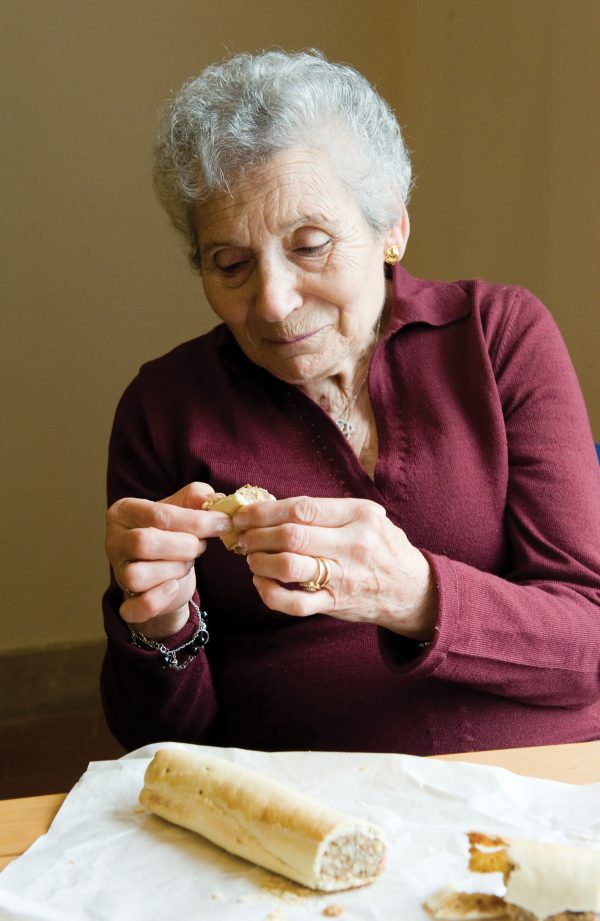
Ph. Andrea Wyner
Pitigliano is perched on a tufa rock cliff with spectacular views of the surrounding countryside. It’s doing pretty well for itself on the international stage, appearing in Fiat commercials and Hollywood films, but Elena is the unofficial mascot of a far older and sadder side of the town’s history. She is one of its last remaining Jewish residents. Pitigliano was once a refuge for Italian Jews escaping papal bulls and persecution in other parts of the country. In the early 19th century, Jews accounted for almost 20 per cent of Pitigliano’s inhabitants. Their presence was so influential that the town became known as Piccola Gerusalemme, or Little Jerusalem.
Elena was born in 1930, the daughter of a fabric store owner who fought for Italy in World War I. She briefly tells me of the day when she was no longer allowed to go to school. “I was eight years old when I was thrown out. It was extremely humiliating and bitter for us. My mother was the president of the local association for WWI veterans. She was forced to resign, along with some of my teachers, all because we were Jewish.”
When the first families were being deported in Rome in 1943, Elena, her parents and her two sisters hid in the grottoes of Pitigliano and, with the help of local families, survived. After the war, only 30 Jewish residents decided to return to Pitigliano. Elena, her mother and her sisters were among them. Their house had been demolished and her father had passed away, but they refused to abandon the town and people who had risked their lives to save them.
Pitigliano’s current mayor Giovanni Gentili is another of Elena’s great admirers. “She is a legacy,” he says. “She’s a witness to a brutal past, but also a survivor and an advocate who has dedicated her life to educating others.”
For the past seven decades, Elena has travelled endlessly, sharing her story. Mr. Gentili remembers when she spoke at his secondary school in the 1980s. It’s something she continues to do today, refusing to let even a recent fall stop her from storming down the halls as a much-anticipated guest speaker. And while she’s a little hard of hearing these days, Elena didn’t miss a beat when she answered her house phone and discovered it was an Australian journalist calling unannounced. She answers my questions like a seasoned pro.
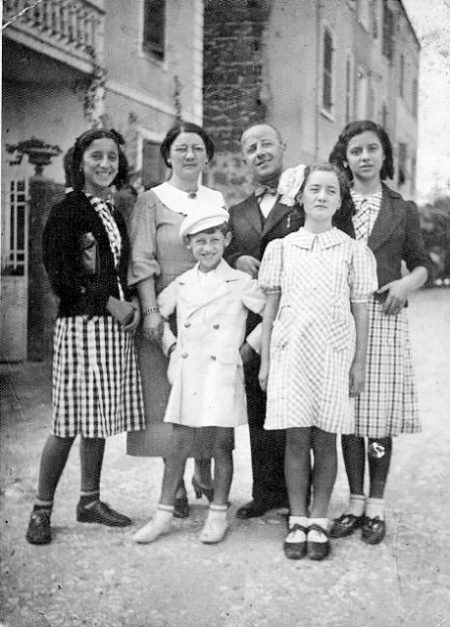
“One day, I decided it was my responsibility to speak up. To get the message out. Hate breeds hate. We should never hate those who are different. If we forget that, history will be repeated, so when I speak, I make sure we never forget.”
But Elena isn’t just an 89-year-old crusader, she’s also a living encyclopedia of local Jewish recipes. “The artichoke dish I shared with that young chef was an old family favourite. It’s not in a cookbook I can find, Jewish or otherwise. It was my mother’s recipe. She was an incredible home cook.” She’s quick to tell me she actually made the recipe a couple of days earlier, but was less than satisfied. 2019 has been a terrible year for artichokes and she couldn’t get her hands on the bulbous purple ones she needed, so she used the smaller grey-green variety instead. “It was no use. They were terrible. I knew they would be. If you don’t have the right ingredients, you can’t expect the dish to turn out well. That’s the heart of Italian cooking.”
I’m worried about keeping Elena on the phone too long, but she won’t let me go until she’s shared another family recipe, “Frittata di Pane Azzimo”, a traditional breakfast dish she always prepares at Easter. Pane azzimo, or unleavened bread, is made locally in the kosher bakery that borders Pitigliano’s old Jewish quarter. After World War II, the quarter was turned into a museum, meticulously restored so those visiting the synagogue, communal kosher oven and mikveh can imagine Jewish life at the turn of the century.
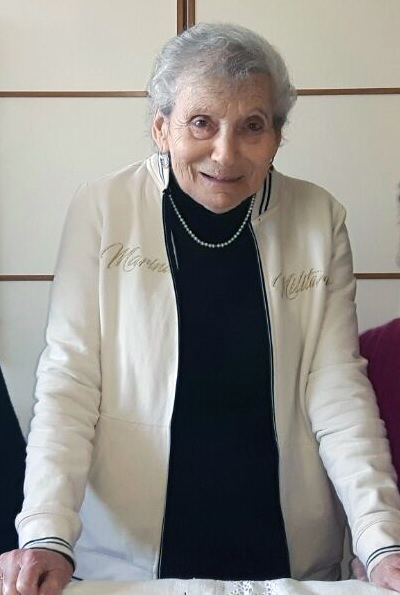
To make her frittata, Elena buys a loaf of unleavened bread from that bakery and softens it in milk or water. She squeezes out all the liquid and combines the mush with eggs. Then she pours the mixture into a hot pan and cooks on both sides. “The secret is to cook it slowly over a low heat. Otherwise, the outside will be burnt, while the inside is still raw,” Elena warns. The cooked frittata is served with a generous spolverata, scattering of cinnamon and sugar. Unless you don’t like cinnamon, then Elena says plain sugar is just fine.
As we say our goodbyes, I ask if this recipe is really only made at Easter. She laughs. “Well, if you have pane azzimo, you can make it as often as you like!”

